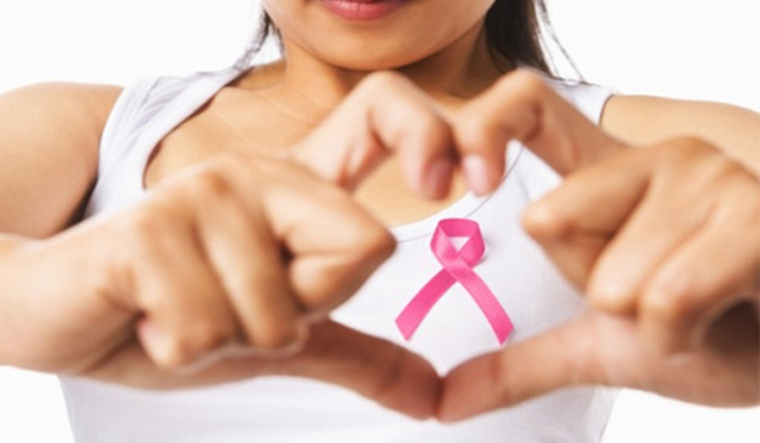Often upon hearing the word cancer, we think it is the end. October being breast cancer awareness month, much has been said about the importance of regular screening and early detection. The survival rate of breast cancer is increasing, even as it is becoming the most common cancer among women, after cervical cancer.
Advancements in cancer treatment have resulted in more people surviving the illness. Though the exact causes are yet to be ascertained, a large number of risk factors have been identified and therefore it has become imperative to focus on preventive health and early detection measures. But are these measures enough?
In recent times there is more focus on survivor needs, inclusive of mental health measures along with physical health. In this regard, the field of Psycho-Oncology, a specialization of psychology focusing on patient and caregiver needs in cancer, has become an important link for comprehensive care.
Increasingly, most hospitals have integrated psychological care in the form of assessments and therapies for mental health concerns such as anxiety or depression; psychological education about cancer and its demands on various aspects of the patient’s life; support groups for survivors to validate their experiences, learn from each other and share resources; support for caregivers to help them cope and support the patient in the best possible way; and follow up care plans to assist with lifestyle changes and psychosocial adjustments. This ensures that the patient feels heard, supported and motivated to recover, while adhering to treatment with more hope, endurance, less fear and more resistance.
Promoting hope, while minimizing the stigma and fear associated with cancer goes a long way in coping with the disease. In a collectivist culture like ours, where the family members are highly involved in the patient’s experience of illness, harnessing this important source of support will be beneficial. Many survivors report having unconditional (and even overwhelming) support from their loved ones, as the main motivating factor for them to go through the gruelling treatment regime.
Along with social support from family, friends and care professionals, harnessing the patient’s resilience and will power to cope is another important link to their mental health. Religion and spirituality-based practices are commonly used by patients to find resilience and a positive outlook. These practices are useful to facilitate acceptance of their illness which is an essential first step in coping well.
Helping patients discover their strengths and supportive factors, while also exposing them to other helpful ways of coping such as mental distraction with some activities/ hobbies, or interaction with those who have coped well can aid and speed up their process of recovery.
Thus, cancer need not be the end. With the right support and attitude, it can be managed and overcome like any other illness. Let us work together to reduce the fear, stigma by spreading more awareness for early detection; debunking myths associated with cancer; and by supporting the survivors to build their new normal life with renewed hope.
Dr Rekha Ahuja is assistant professor and Head of Department of Psychology and Counselling, St Joseph’s Evening College, Bengaluru.



